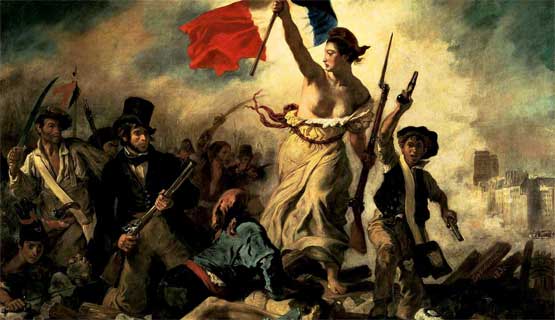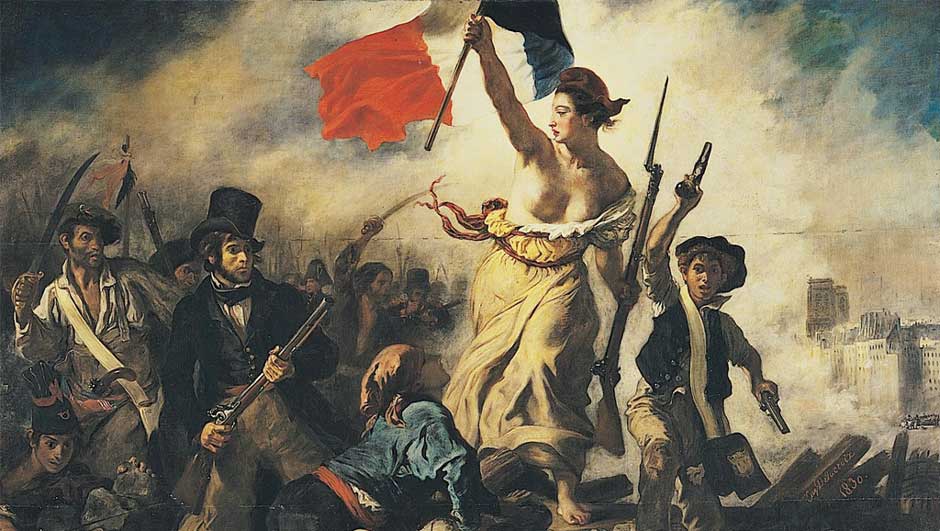
Following the eruption of the Icelandic volcano Eyjafjöll this week, European air traffic is still severely disrupted. Currently most European airports are still closed (those of Paris and other French airports in the North until at least tomorrow, Monday, 08am). It may therefore be interesting to look ahead to the consequences of the trick that the Icelanders have pulled off again.
Previously
A little further north of the volcano Eyjafjöll lies his colleague Laki. This volcano violently erupted in the summer of 1783. A large crack appeared in the landscape, through which huge quantities of lava escaped. The following month, the volcano erupted again took, only to stop eight months later. Ashes and dust were ejected into the atmosphere, in a similar way as what happened this week. The ashes were scattered over the Old Continent, causing a thick sulphurous dry fog spread throughout Western Europe, causing thousands of deaths during the winter of 1783-1784. Due to poor visibility vessels had to remain in the ports for months, preventing fishermen from going fishing. On top of that, a Japanese volcano erupted in August, increasing the ash clouds’ devastating effect.
The explosion led to an abrupt climate change in northern Europe and a decline in the average temperature of several tenths of a degree Celsius in the following years. The only person at that time to see a link between the eruptions and the climate change was Benjamin Franklin, one of the founding fathers of the United States. His theory was not taken seriously though. To learn more about the precise weather effects the Laki eruption: read here .
Famine
After the explosion, the climate was so upset that the wheat crops were either exceptionally good, which caused a drop in prices and hence poverty among farmers, or exceptionally bad as it was in 1788. The resulting famine and social unrest ultimately led to the French Revolution. Of course, other factors played an important role in one of the most decisive events in European political history, but the eruption of Laki has probably accelerated political change. An ironic twist of fate, since we can blame the boring Icelanders many things, but being revolutionary is not one of them. Enough history for now.
Holiday plans
It is already likely that this week’s eruption will ruin your vacation plans. The volcano continues to spew ash and the Dutch daily NRC Handelsblad writes that a second eruption is to be expected soon. The result? Even more ash into the atmosphere, which may lead to the cooling down of the summer of 2010. Will there also be a new revolution? It’s still too early to tell. Yet in case it does take place, you will be the first to read about this happy event here. In both cases, and even if Le Monde thinks that the climate should not be affected, smart people will act wisely and book this year’s vacation in a more remote place than usual.
This post is also available in:
![]() Nederlands
Nederlands ![]() Français
Français ![]() Español
Español


